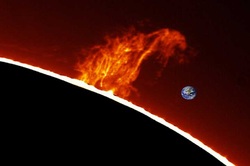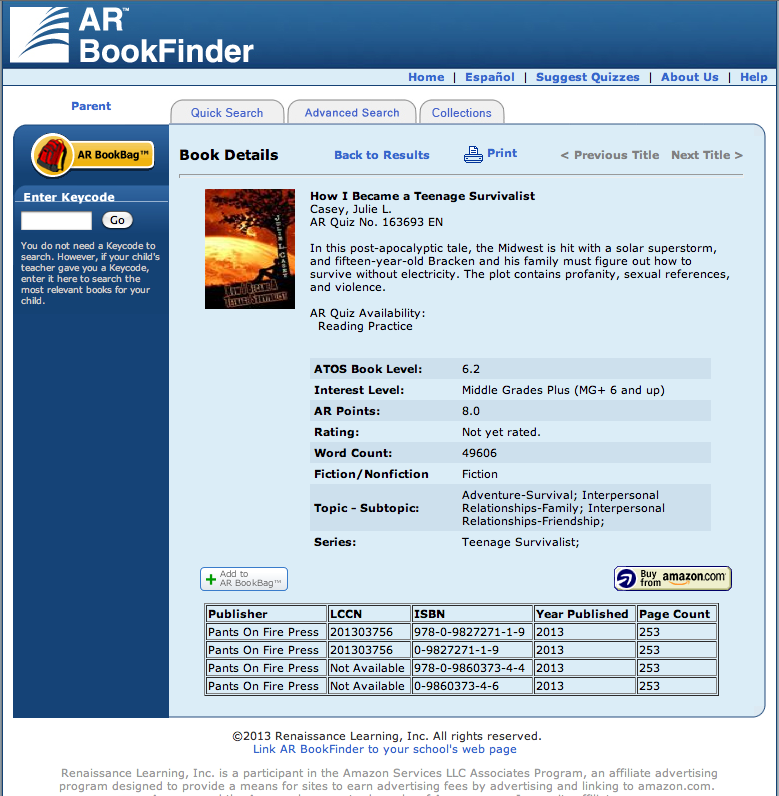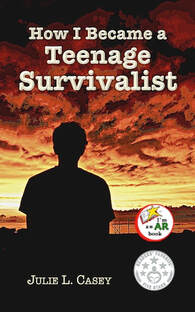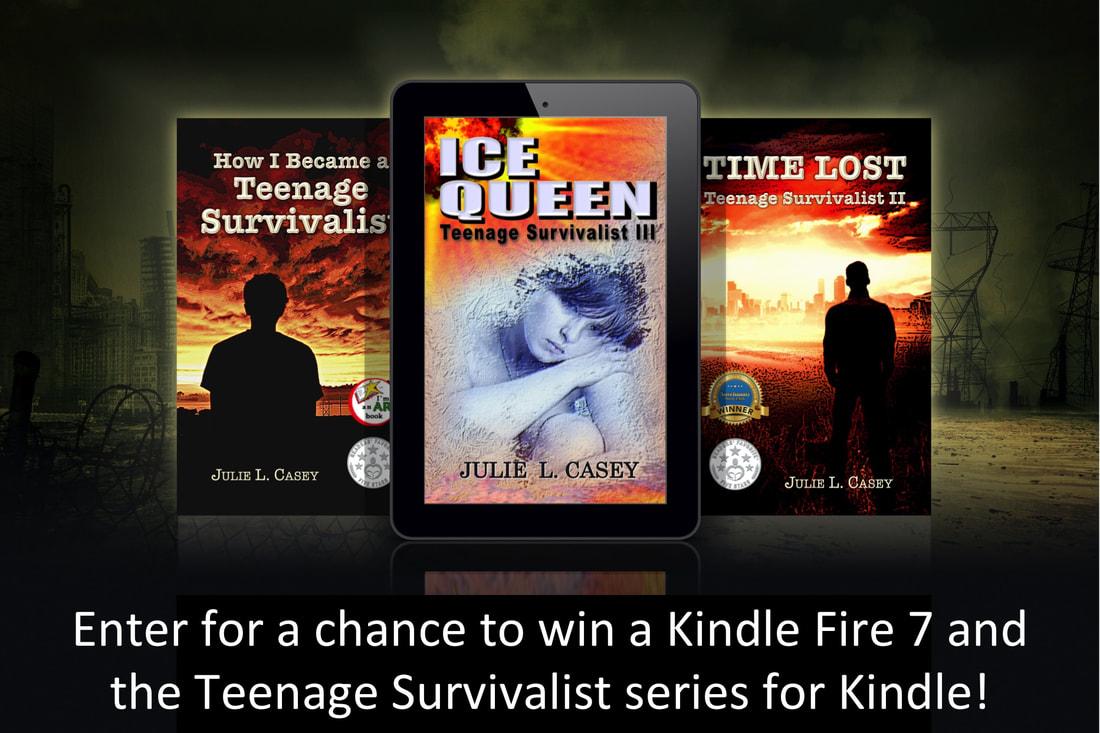Could a giant sunburst unplug Earth?

BY RICK MONTGOMERY
The Kansas City Star
When the sun got ornery in 1859, American telegraph operators saw sparks fly.
A huge solar flare belched a cloud of charged particles into Earth’s path. But other than frying telegraph lines, the electromagnetic collision caused little stir in the world.
Nobody back then had yet switched on a decent light bulb, much less charged an iPhone.
Yet the sun hasn’t changed its ways, and that worries University of Kansas physicist Adrian Melott, among others. If the remnants of a similar solar flare struck the planet today?
The Kansas City Star
When the sun got ornery in 1859, American telegraph operators saw sparks fly.
A huge solar flare belched a cloud of charged particles into Earth’s path. But other than frying telegraph lines, the electromagnetic collision caused little stir in the world.
Nobody back then had yet switched on a decent light bulb, much less charged an iPhone.
Yet the sun hasn’t changed its ways, and that worries University of Kansas physicist Adrian Melott, among others. If the remnants of a similar solar flare struck the planet today?









 RSS Feed
RSS Feed